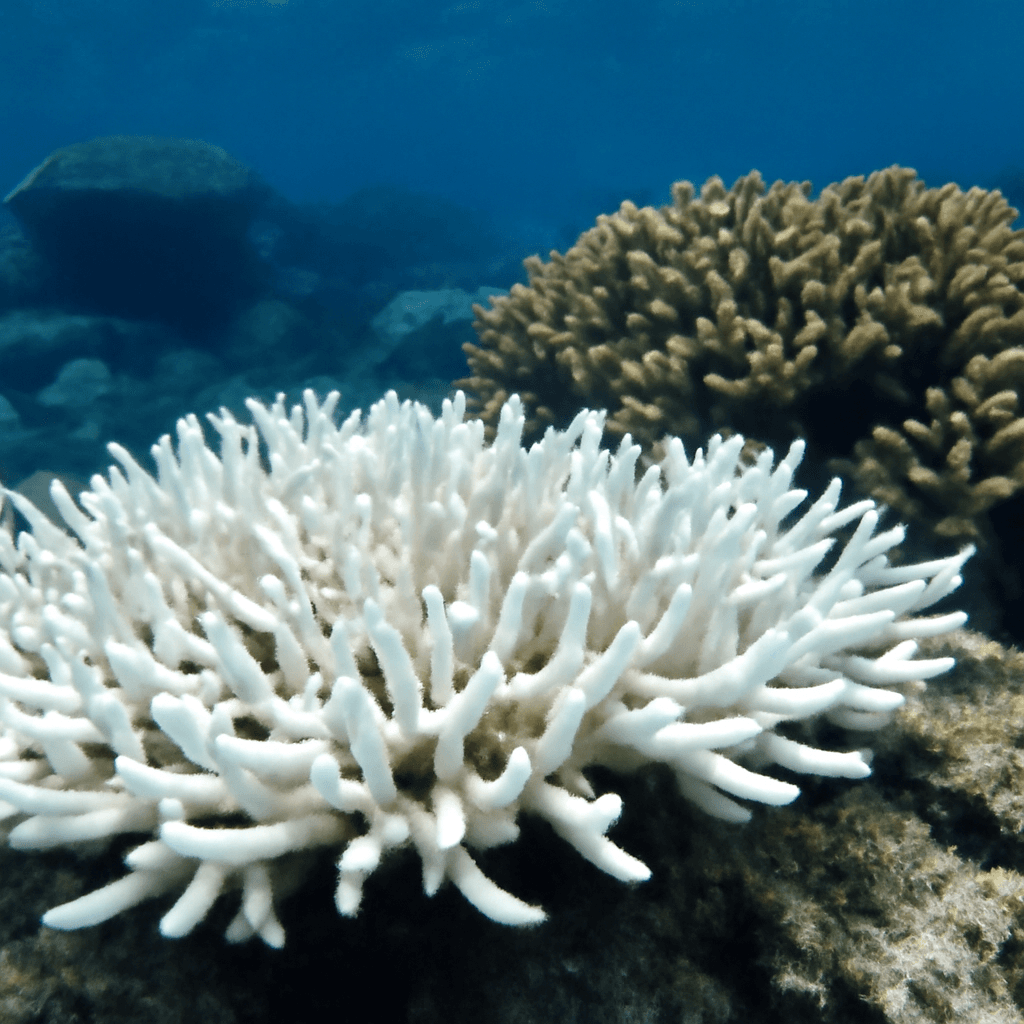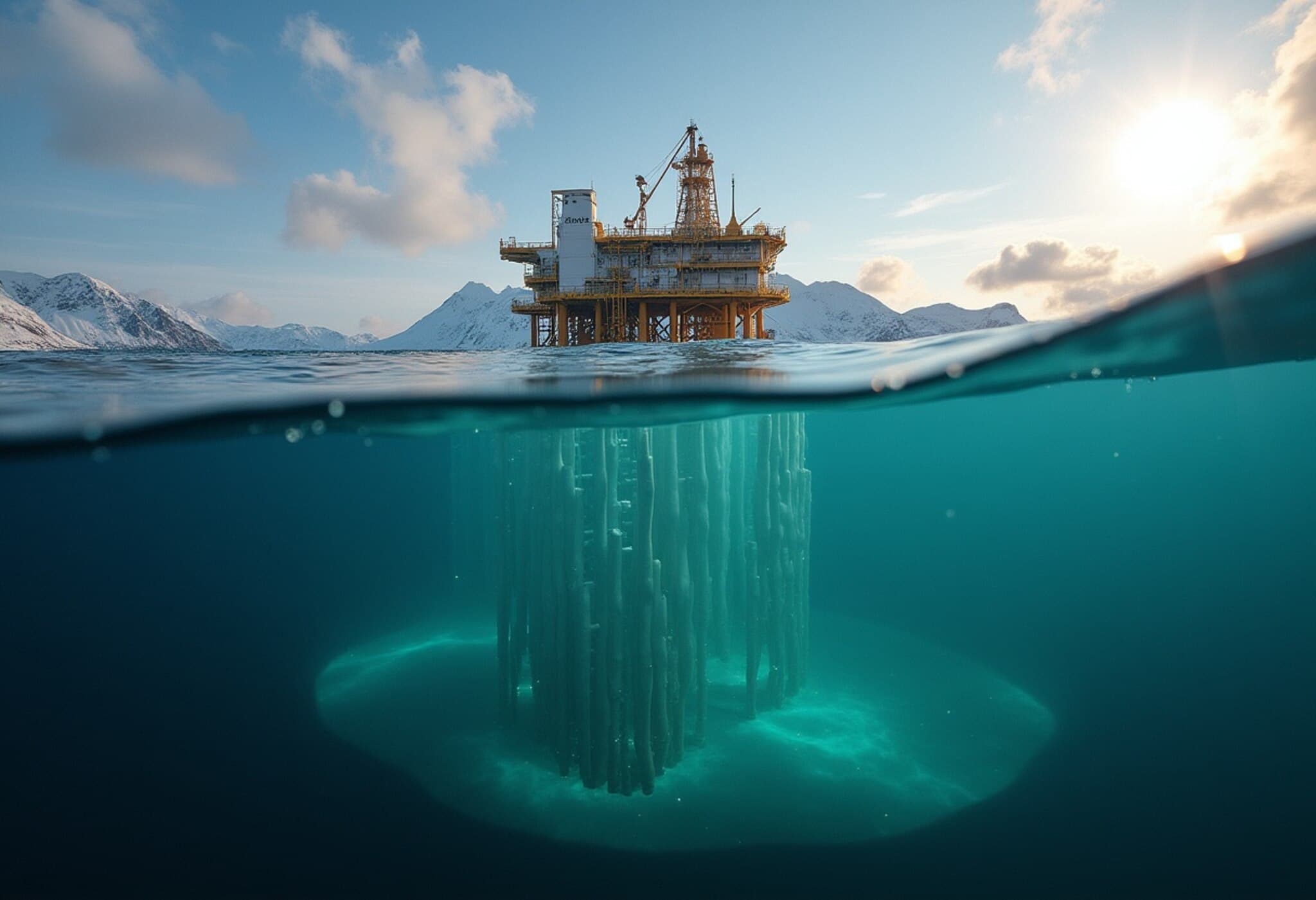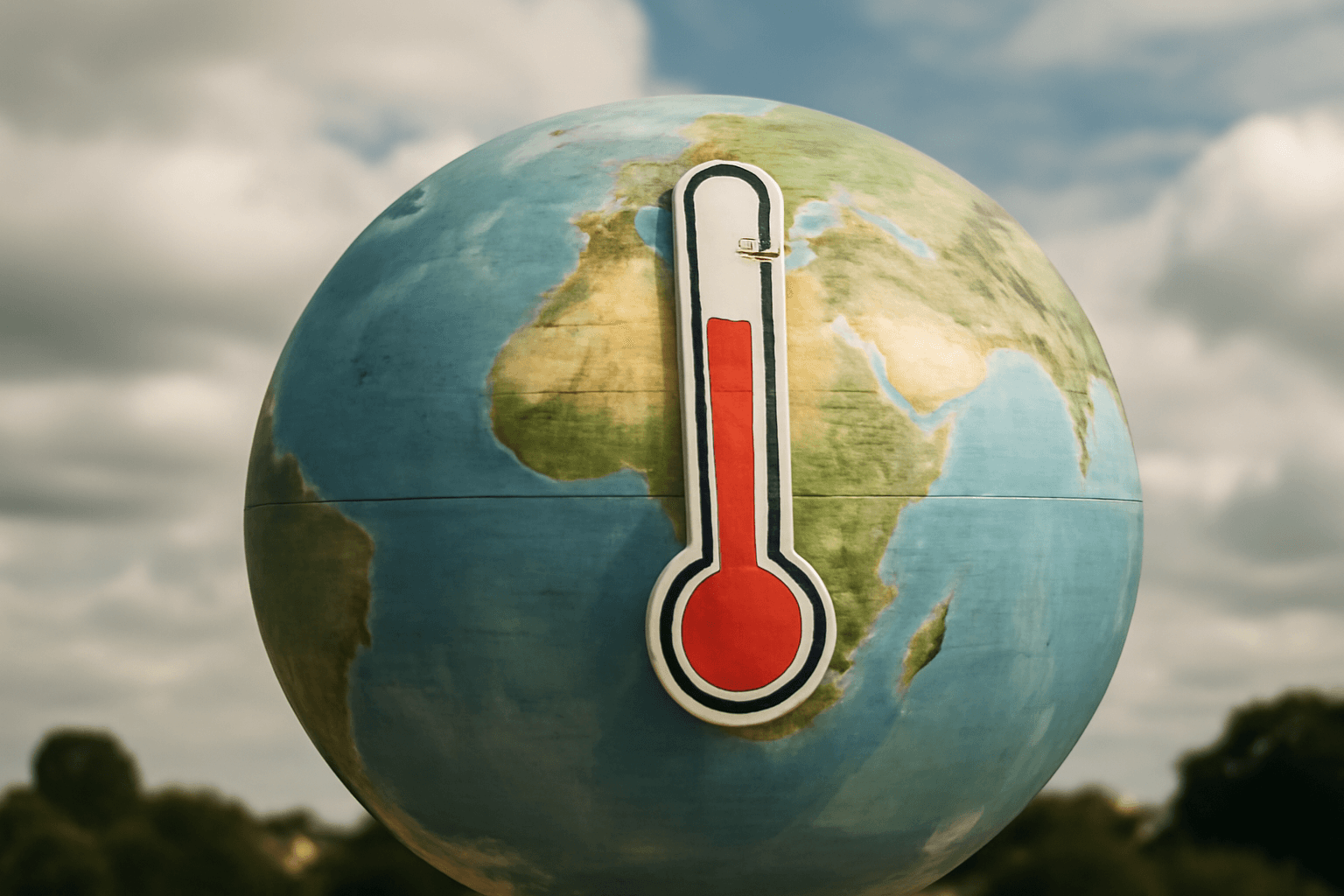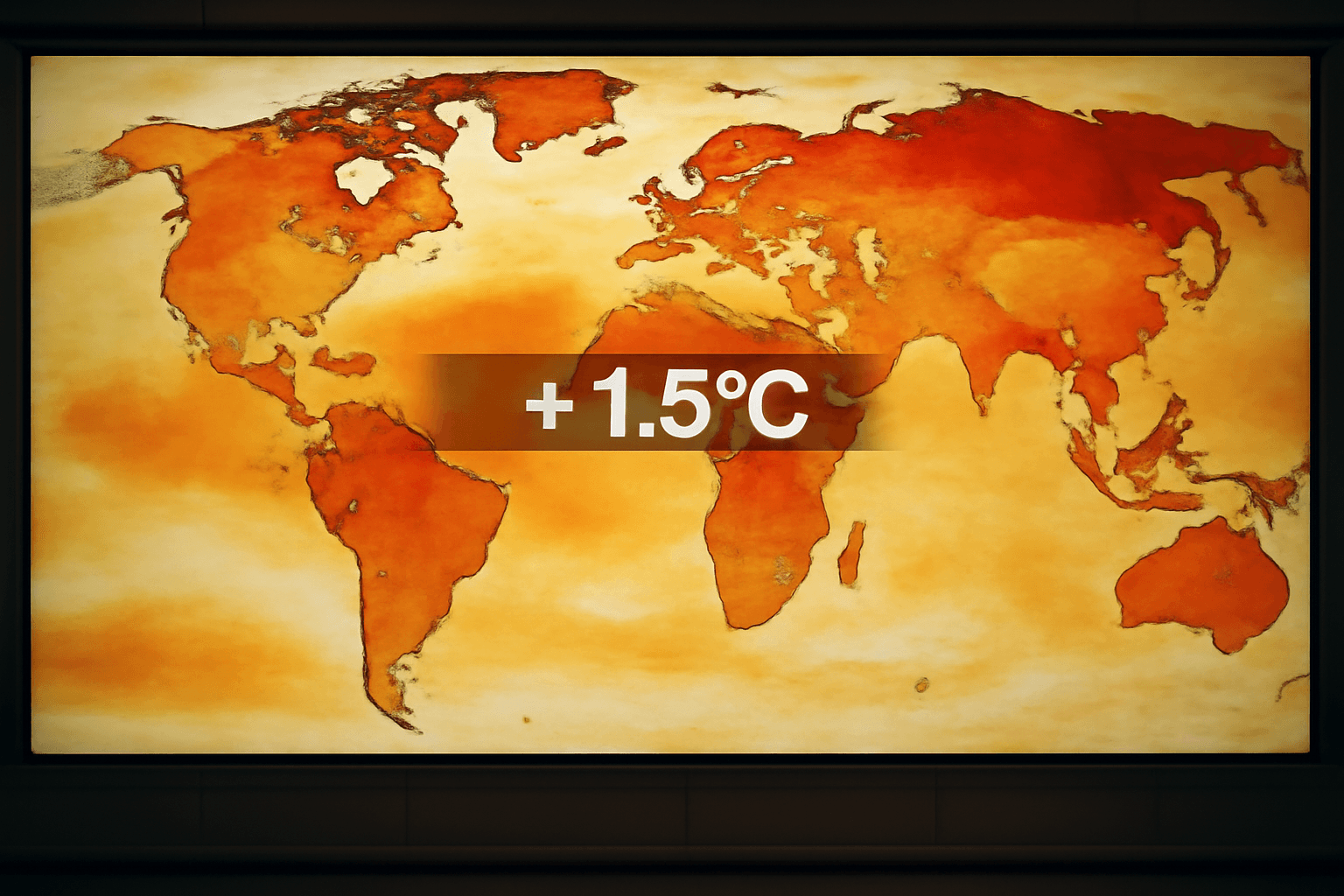The Looming Threat to Coral Reefs
Coral reefs face an unprecedented threat as global temperatures approach critical thresholds. Scientific projections indicate that a global warming rise of 1.5 degrees Celsius (2.7 Fahrenheit) relative to pre-industrial levels will occur within the next decade. Beyond this point, the survival of most coral species is highly unlikely.
Unlike many climate change scenarios that remain uncertain, the fate of coral reefs at 1.5°C warming is distressingly clear: 70 to 90 percent of coral reefs are expected to perish. If global temperatures reach 2°C, this figure could escalate to nearly 99 percent loss.
Coral Bleaching and Ecosystem Collapse
Elevated ocean temperatures cause corals to expel the microscopic algae—their primary source of nutrition and vibrant color—resulting in a phenomenon known as coral bleaching. Without these symbiotic algae, corals gradually starve and die.
Mass bleaching events are already occurring with the current approximate 1.4°C warming, signaling that a widespread collapse of tropical coral reefs may be underway.
Envisioning the Post-Coral Reef World
Faced with these projections, scientists urge acceptance and pragmatic planning for a future without traditional coral reefs. Instead of trying to preserve the past, research is beginning to focus on understanding and managing the ecosystems that will succeed coral reefs.
As large, slow-growing hard corals succumb, they will leave behind skeletal remains that become overgrown by algae and colonized by hardier organisms such as sponges, mussels, and soft corals like sea fans. These resilient species may dominate new reef-like ecosystems.
However, these transformed ecosystems will be drastically different, less vibrant, and support significantly less biodiversity. The dead coral structures, weakened by ocean acidification and physical erosion, will eventually break down into rubble, altering seafloor landscapes.
Impact on Marine Life and Human Communities
- Marine Biodiversity: Approximately one quarter of all ocean species depend on coral reefs for habitat and sustenance. The decline of reefs threatens marine biodiversity and ecosystem balance.
- Human Dependence: Over one billion people rely on coral reefs for food security, tourism, and coastal protection against erosion and storms.
The loss of coral reefs therefore carries profound ecological and socioeconomic consequences.
Future Opportunities and Challenges
Although traditional coral reefs may decline, post-coral ecosystems could still provide valuable services if managed carefully. Conservation efforts emphasize reducing pollution, overfishing, harmful subsidies, and other local stressors to maximize the resilience of remaining reef areas.
Emerging research on heat-tolerant coral strains offers hope for restoring small reef patches adapted to hotter conditions.
Still, progress is challenged by the broader climate crisis. Ongoing carbon emissions escalate ocean warming, increasing the difficulty of reef preservation.
Conclusion: Preparing for Change
It is crucial to face the reality of coral reef decline with honesty and develop strategies to mitigate impacts on marine ecosystems and dependent human populations. While the loss of traditional coral reefs is distressing, proactive management and scientific innovation may help create more resilient marine environments for the future.



















